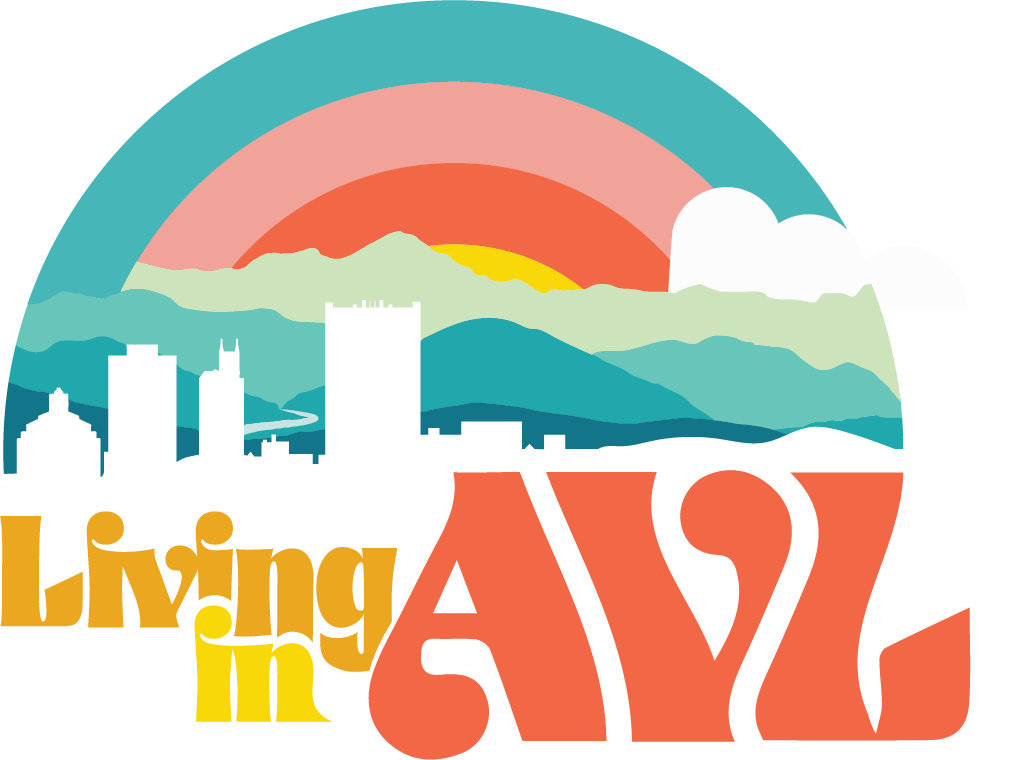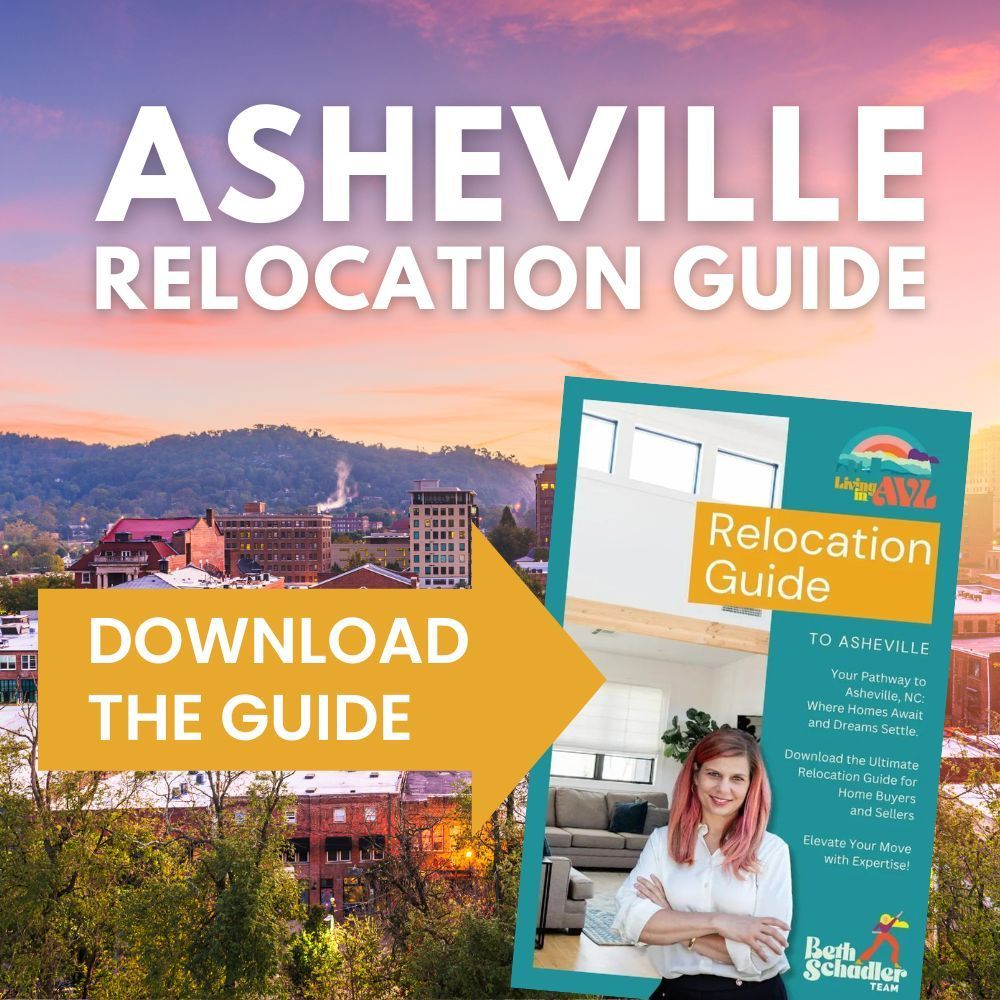Exploring Asheville NC: Cost of Living, Housing, Homelessness, Crime, Traffic, and Quirkiness
Table of Contents
- Cost of Living in Asheville
- Housing and Gentrification in Asheville
- Homelessness in Downtown Asheville
- Crime Rate in Asheville
- Racial Disparities and Social Inequality
- Traffic and Airport in Asheville
- Is Asheville Too Quirky for You?
- Finding Your Place in Asheville
- Exploring Different Neighborhoods
- FAQ
Cost of Living in Asheville
Asheville is expensive, with a cost of living 6% higher than the national average. Housing, utilities, and healthcare are pricier. High-end experiences like dining out at award-winning restaurants can also be expensive.
The cost of housing in Asheville is intertwined with tourism and gentrification, leading to economic disparities and a lack of affordable housing options. This has displaced long-time residents and artists who made the town special.
Rent in Asheville is consistently higher than in other parts of North Carolina, and home prices continue to rise. The city's heavy reliance on Airbnb and short-term rentals further exacerbates the housing situation.
Despite these challenges, Asheville welcomes tourists and new businesses, offering a diverse range of activities. The city is working towards creating a balance between tourism influx and housing affordability.
The Asheville Chamber of Commerce provides a tool to compare the cost of living in Asheville to other areas. This can be useful for planning your next steps if you're considering a move to Asheville.
Housing and Gentrification in Asheville
Asheville's housing market is heavily influenced by tourism and gentrification, leading to economic disparities and a lack of affordable housing options for long-time residents and artists. The surge in tourism has driven up housing prices and rent, making Asheville one of the most expensive places to live in North Carolina.
The heavy reliance on Airbnb and short-term rentals further exacerbates the housing situation, leading to limited affordable housing options. This has resulted in the displacement of long-time residents due to increased taxes and the overall cost of living.
Challenges and Disparities
Asheville is experiencing gentrification, causing economic disparities and a lack of affordable housing options. Long-time residents and artists who made the town special are being displaced due to rising housing costs.
Rent in Asheville is consistently higher than in other parts of North Carolina, making it difficult for many to afford living in the city. The surge in tourism further drives up housing prices, leading to economic disparities.
Impact of Tourism
Asheville ranks fifth in the number of Airbnb rentals per capita in North Carolina, highlighting the significant impact of tourism on the housing market. The influx of tourists has led to a housing crisis, with limited availability of affordable housing options.
While the city welcomes tourists and new businesses, efforts are being made to create a balance between the tourism influx and housing affordability. Locals are working towards preserving the city's unique identity and diversity amidst the heavy tourism and marketing efforts.
Homelessness in Downtown Asheville
Asheville, like many other cities, is facing the challenge of homelessness, with an increase in the number of unsheltered people living in downtown areas. The pandemic has intensified this issue, leading to a growing number of individuals living on the streets.
Causes and Complexities
Homelessness in Asheville is a complex issue with deep-rooted causes, including untreated mental illnesses, severe drug and alcohol addictions, and financial circumstances. These individuals face significant challenges and often lack access to essential support services and resources.
The local community and various nonprofits are actively involved in assisting unsheltered people, offering temporary shelter, transitional housing, and access to vital resources such as food, mental health services, and employment opportunities.
Community Involvement
As a resident or potential resident of Asheville, there are opportunities to be part of the solution. You can contribute to community initiatives aimed at addressing homelessness by volunteering, donating, or supporting local organizations that work towards providing sustainable solutions for the unsheltered population.
Kindness, acceptance, and compassion are integral to the fabric of Asheville's community, making it a place where individuals can actively participate in creating positive change and supporting those in need.
Crime Rate in Asheville
The crime rate in Asheville is a concern for many residents and potential movers. However, the actual crime rate may differ from the perceptions portrayed on social media and online platforms. It's important to make informed decisions based on accurate information.
As of the latest available data, Asheville has seen fluctuations in its crime rates, with some areas experiencing higher crime rates than others. Understanding the specific areas and types of crimes committed can provide a clearer picture of the safety and security in different neighborhoods.
Addressing Misconceptions
There are misconceptions about the crime rate in Asheville, with some individuals expressing concerns about safety based on information from online platforms. It's essential to gather firsthand experiences and insights to form a balanced understanding of the local safety landscape.
Visitors and potential residents often find that their perceptions of crime in Asheville do not align with their actual experiences when exploring the city. Taking the time to witness the city's atmosphere firsthand can provide valuable insights into the reality of safety and security in the area.
Local Efforts and Community Engagement
The community in Asheville actively engages in addressing concerns related to crime and safety. Local law enforcement, neighborhood watch programs, and community organizations work together to create a safe and secure environment for residents and visitors alike.
Engaging with the local community, participating in neighborhood initiatives, and contributing to crime prevention efforts can be a meaningful way to address concerns and actively contribute to the well-being of the city.
Racial Disparities and Social Inequality
Asheville, like many other cities, faces challenges related to structural racial disparities and social inequality. These issues have affected the local community and have implications for housing, education, and economic opportunities.
Educational Disparities
Asheville City Schools reflect significant disparities in educational outcomes. Black students have lower proficiency rates in reading compared to their white counterparts. This highlights the existing gap in educational achievement, which contributes to broader disparities within the city.
Impact on Housing and Community
The limited representation of the black population in Asheville, currently at 7%, has resulted in the marginalization of communities and the loss of generational wealth through home ownership. Expansion and urban renewal have further separated and displaced these communities, exacerbating social inequality.
Community Initiatives and Support
Nonprofit organizations in Asheville are actively working to address racial disparities through community initiatives and programs aimed at breaking the cycle of inequality. The city has also committed to reparations, offering opportunities for individuals to support and contribute to these efforts through volunteering, donations, and advocacy.
Traffic and Airport in Asheville
Asheville's traffic flow is relatively smooth, with minimal instances of congestion. During peak tourist seasons, particularly on highways like I-26, traffic may experience slight delays, especially during rush hour times. However, compared to larger cities, traffic in Asheville is generally manageable.
While Asheville does not have an international airport, the local airport is undergoing renovations to accommodate the city's growth. Visitors may occasionally encounter parking issues and flight delays during peak travel times, but overall, the airport provides a convenient and efficient travel experience. Additionally, efforts are underway to expand parking facilities to better accommodate the influx of visitors.
Is Asheville Too Quirky for You?
Asheville prides itself on its quirkiness, embracing authenticity and individuality. The city's slogan, "Keep Asheville Weird," reflects its open-minded and creative community. While it's often associated with an alternative, Bohemian culture, Asheville is actually quite diverse, with residents from all walks of life.
Residents of Asheville are known for their passion and deep knowledge across a wide array of subjects. Engaging conversations are common, and you'll likely find yourself immersed in discussions that span various interests and experiences. Whether you're at a dinner party or exploring the city, Asheville's residents are welcoming and eager to share their unique perspectives.
Diverse Community
Asheville's population includes highly educated individuals from both traditional and non-traditional educational backgrounds. These residents bring a rich tapestry of life experiences, contributing to the city's vibrant and diverse community. Regardless of your background or interests, you'll find a place to connect and thrive in Asheville.
Tolerance and Acceptance
While Asheville is often described as a liberal bubble in a predominantly conservative state, the city's residents come from a wide range of political and cultural backgrounds. Tolerance and acceptance are integral to the fabric of Asheville's community, creating an environment where individuals can express their true selves and find like-minded connections.
Finding Your Place in Asheville
If you're considering a move to Asheville, it's essential to find your place in this vibrant city. Understanding the unique characteristics and diverse neighborhoods can help you determine the best fit for your lifestyle and preferences. Whether you're seeking a quiet, nature-surrounded life or a bustling urban environment, Asheville offers a range of options to suit different needs.
Neighborhood Exploration
Take the time to explore various neighborhoods in Asheville to get a feel for their distinct atmospheres. West Asheville and downtown may appeal to those seeking a lively urban setting with eclectic shops, bars, and music venues. On the other hand, areas like Mills River provide a more tranquil and nature-centric environment for those desiring a quieter lifestyle.
Personalized Self-Guided Tours
To aid in your exploration, consider scheduling a personalized self-guided tour of Asheville based on your preferences and needs. This tailored experience can provide valuable insights into different neighborhoods, helping you narrow down your choices and find your ideal place in Asheville.
Community Diversity
Embracing the diversity of Asheville's community is key to finding your place in the city. Whether you're an artist, professional, or nature enthusiast, Asheville's population encompasses individuals from a wide range of backgrounds and experiences. This diversity contributes to the city's vibrant and welcoming atmosphere, offering a place for everyone to connect and thrive.
Exploring Different Neighborhoods
As you consider moving to Asheville, it's important to explore the different neighborhoods to find the best fit for your lifestyle and preferences. The city offers a diverse range of options, from bustling urban settings to tranquil, nature-centric environments.
Neighborhood Exploration
Take the time to explore various neighborhoods in Asheville to get a feel for their distinct atmospheres. West Asheville and downtown may appeal to those seeking a lively urban setting with eclectic shops, bars, and music venues. On the other hand, areas like Mills River provide a more tranquil and nature-centric environment for those desiring a quieter lifestyle.
Personalized Self-Guided Tours
To aid in your exploration, consider scheduling a personalized self-guided tour of Asheville based on your preferences and needs. This tailored experience can provide valuable insights into different neighborhoods, helping you narrow down your choices and find your ideal place in Asheville.
Community Diversity
Embracing the diversity of Asheville's community is key to finding your place in the city. Whether you're an artist, professional, or nature enthusiast, Asheville's population encompasses individuals from a wide range of backgrounds and experiences. This diversity contributes to the city's vibrant and welcoming atmosphere, offering a place for everyone to connect and thrive.
FAQ
What is the cost of living in Asheville?
Asheville's cost of living is 6% higher than the national average, with housing, utilities, and healthcare being pricier. High-end experiences like dining out at award-winning restaurants can also be expensive.
How is housing and gentrification affecting Asheville?
The housing market in Asheville is heavily influenced by tourism and gentrification, leading to economic disparities and a lack of affordable housing options for long-time residents and artists.
What is the impact of tourism on housing affordability in Asheville?
Asheville ranks fifth in the number of Airbnb rentals per capita in North Carolina, highlighting the significant impact of tourism on the housing market, leading to a housing crisis with limited availability of affordable housing options.
What is the homelessness situation in downtown Asheville?
The number of unsheltered people living in downtown Asheville has increased, and it's a growing national problem. The local community and various nonprofits are actively involved in assisting unsheltered people, offering temporary shelter, transitional housing, and access to vital resources.
Is crime a concern in Asheville?
Asheville has seen fluctuations in its crime rates, with some areas experiencing higher crime rates than others. Engaging with the local community, participating in neighborhood initiatives, and contributing to crime prevention efforts can be a meaningful way to address concerns and actively contribute to the well-being of the city.
What are the racial disparities and social inequality in Asheville?
Asheville faces challenges related to structural racial disparities and social inequality, affecting housing, education, and economic opportunities. Nonprofit organizations in Asheville are actively working to address racial disparities through community initiatives and programs aimed at breaking the cycle of inequality.
What is the traffic and airport situation in Asheville?
Asheville's traffic flow is relatively smooth, with minimal instances of congestion. The local airport is undergoing renovations to accommodate the city's growth, providing a convenient and efficient travel experience.
Is Asheville too quirky for residents?
Asheville prides itself on its quirkiness, embracing authenticity and individuality. The city's population includes highly educated individuals from both traditional and non-traditional educational backgrounds, contributing to a vibrant and diverse community.
Get in Touch
If you're planning to visit the area to see if it's the right fit for your move, reach out to us! We'll arrange a personalized self-guided tour tailored to your preferences, needs, and schedule.

Phone: 828-523-9211
Email: beth@livinginasheville.com
Website: www.livinginasheville.com








